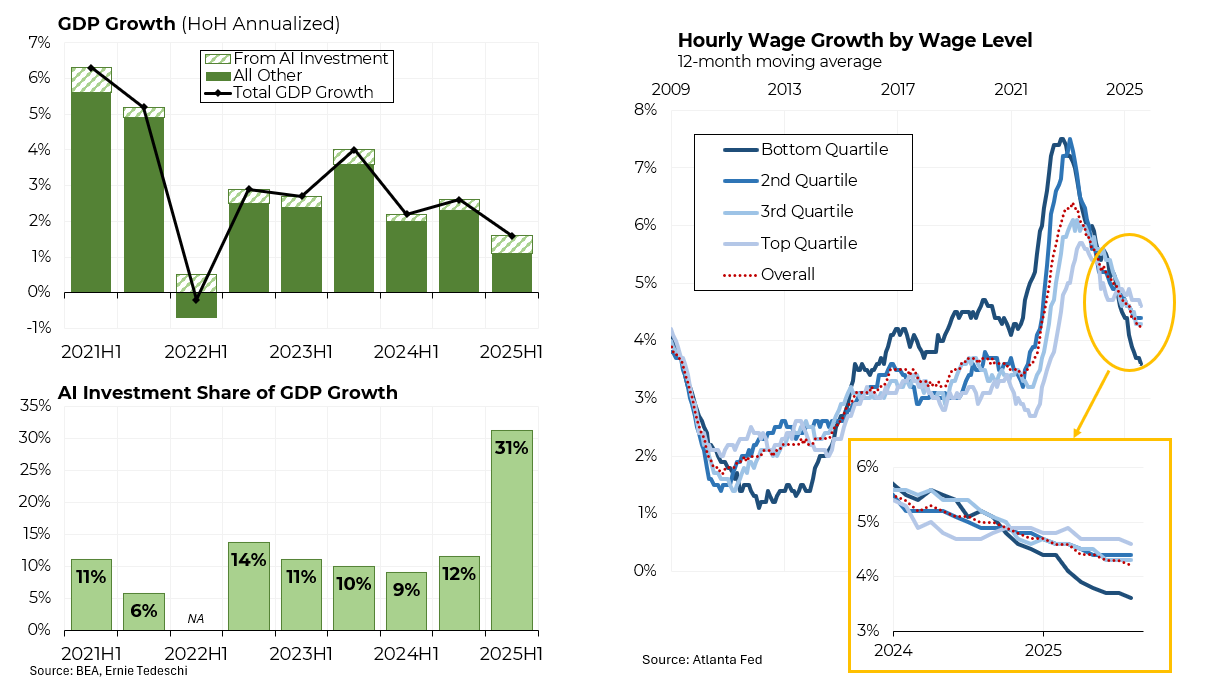At the risk of receiving a flunking grade from Paul Krugman and Dean Baker, I don’t think either of them are looking at the problem of U.S. debt correctly. Whether the Federal government borrows from an American or a foreigner to pay its bills, the debt thus incurred remains a burden on the American fiscal position. Consider this example: Washington borrows $100 to finance its budget deficit by selling a Treasury bond to John Smith, using his savings. If John Smith dies before it is paid off, the debt doesn’t disappear, as Dean Baker said; it becomes an asset of John Smith’s estate and is passed on to his children. The Federal government still has to pay that money back. If it doesn’t, then John Smith’s children will be deprived of that part of their inheritance and the stock of household wealth will have been depleted (not to mention the fact that the Federal government will have defaulted, precisely what we were trying to avoid during the debt ceiling debacle last summer). If it does, then the government will have to borrow that money from someone else and the process continues.
Even if John Smith stays alive, it is crazy to think of Treasury debt as “basically money we owe to ourselves,” as Krugman argues. It is debt that the government has sold to finance its current expenditures. Another generation of Americans will eventually have to come up with the money to pay off this debt, which means that they will not have that cash available for other purposes. In essence, they will have to reduce their standards of living to make good on the excess of today.
The question of what happens if the debt is sold to foreigners is a related, but different, matter. Here the question is whether we are running a large current account deficit to finance investment in this country (which is what occurred when we were building the railroads in the late 19th century) or whether to finance consumption (which is what is happening now.) Obviously, in the former case, we hope to earn a return on that money and thereby encourage economic growth. In the latter case, we are just going into hock to a bunch of foreigners.
The moral of this story is that debt is debt, and the more we borrow to finance consumption today – however meritorious our objectives – the more that will have to be paid back by future generations.





